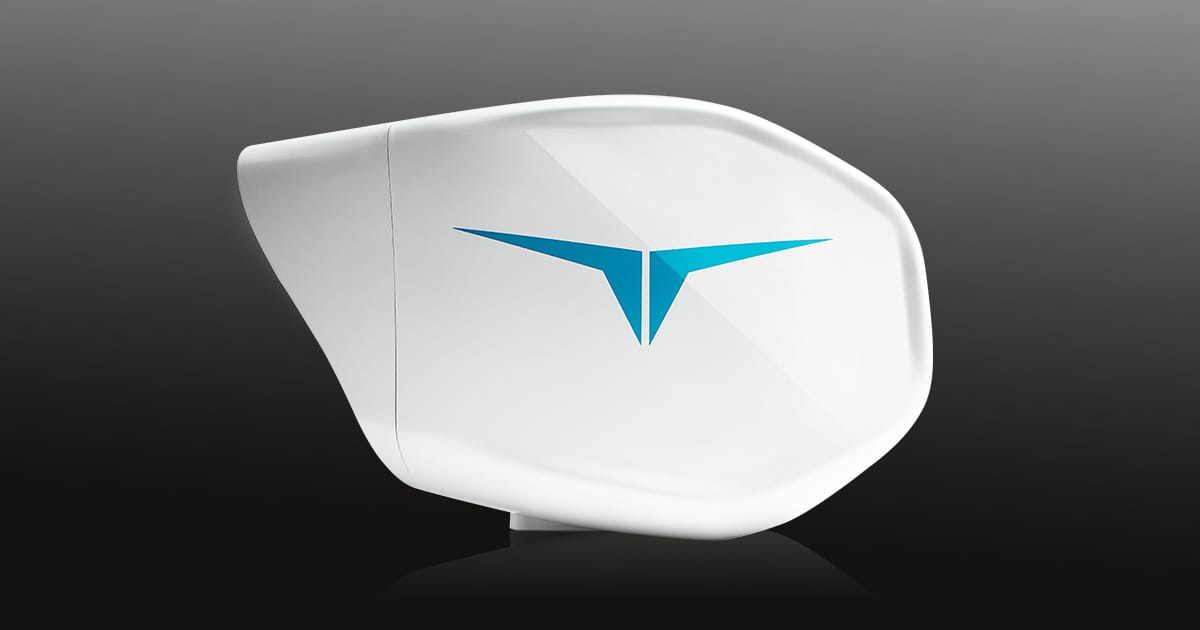By constructing a network of devices the size of shoeboxes that transmit lasers to one another, Transcelestial hopes to make the internet more accessible. The startup with its headquarters in Singapore today made the announcement that it had raised $10 million with the intention of expanding its wireless laser communications system into several countries.
Airbus Ventures, an aerospace venture capital firm, was in charge of the A2 round, which also included contributions from Kickstart Ventures, Genesis Alternative Ventures, Wavemaker, Cap Vista, and Seeds Capital. Investor In-Q-Tel participated in a round that was previously disclosed. Since its inception in 2016, Transcelestial has raised a total of $24 million thanks to this. EDBI, Entrepreneur First, 500 Global, SparkLabs Global Ventures, and Michael Seibel are among its previous backers.
According to CEO Rohit Jha and co-founder Mohammad Danesh, “connectivity is a human right,” and enhancing internet connections for at least a billion people is the driving force behind all of their business and technical decisions.
According to the two, widespread unreliability in internet access is primarily attributable to the current internet infrastructure. For instance, the construction of undersea cables is costly and only connects two points. Tier 1 cities receive excellent coverage from terrestrial long-haul networks, but smaller towns and cities are left out. Distribution over the middle and last mile can be costly and fraught with right-of-way issues.
Transcelestial’s laser communications systems eliminate radio-frequency-based devices and underground cables, both of which require complex spectrum licensing regulations and are costly to install and maintain. Jha stated that Transcelestial is able to provide an option with a significantly lower cost per bit. The shoebox-sized devices from Transcelestial, which are called CENTAURI, have already been used in markets in South and South East Asia.
During a recent demonstration at the University of Technology Sydney, the startup demonstrated that its laser technology can provide 5G connectivity. Space is its next stop: In order to deploy its wireless fiber optics directly into cities and downs, Transcelestial is working on bringing its technology to a low-earth-orbit (LEO) constellation.
In the meantime, it plans to expand its early market access in the United States, where the Pew Trust found that 2 percent of people in cities and 27 percent of people in rural areas lacked readily available internet connections. Over the next year, Transcelestial intends to explore collaborations with government, business, and telecoms in order to enter the United States. According to Jha, the company is already secretly collaborating with a few ISPs and a major West Coast enterprise cloud and data center company.
A portion of the new money Transcelestial receives will be used to safeguard its production facility, Terabit Factory, from supply chain risks. Trancelestial claims that the facility’s annual capacity of up to 2,4000 CENTAURI devices is the highest of any lasercomms manufacturer worldwide.

